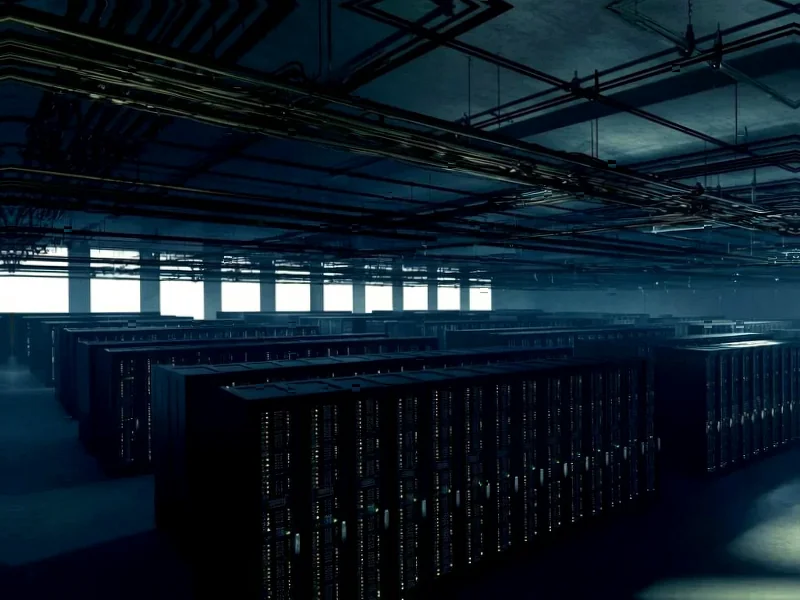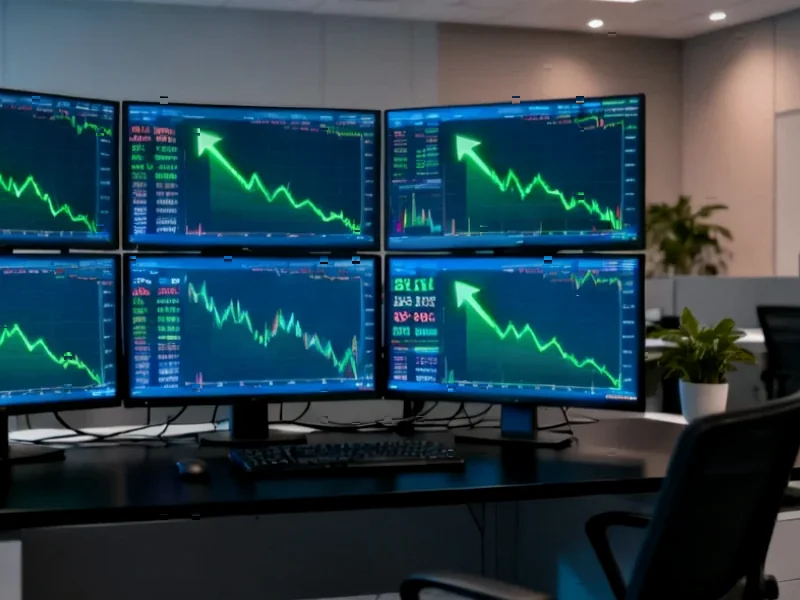According to Sifted, Europe’s Q3 equity funding reached €13.7 billion across 1,300 rounds, marking the highest quarterly level since Q2 2024. The surge was driven by growth equity funding comprising €7 billion (51.6% of total), with data centers, AI agents, and GenAI companies as the most active sectors. September alone saw €8.7 billion raised, the most active 30-day period since July 2022, while early-stage funding hit a 12-month low despite Lovable’s $200 million Series A at a $1.8 billion valuation. The quarter produced seven new unicorns including Nscale, which secured $1.1 billion in Series B funding from NVIDIA, Dell, and Fidelity, while Mistral AI’s €1.7 billion Series C accounted for 63% of France’s total funding. This data reveals significant shifts in Europe’s investment landscape that merit deeper analysis.
The Growth-Stage Takeover Signals Market Maturation
Europe’s funding surge being driven primarily by growth-stage companies (Series B to C) represents a fundamental shift in the continent’s tech evolution. Two consecutive quarters with over 150 growth rounds indicates that European startups are successfully navigating the “valley of death” between early innovation and scalable businesses. This maturation is particularly evident in AI infrastructure plays like Mistral AI and data center companies that require massive capital injections to compete globally. The concentration of funding in fewer, larger rounds suggests investors are placing bigger bets on proven winners rather than spreading capital across early experiments. This pattern mirrors the U.S. market’s evolution a decade ago, where growth equity became the dominant funding category as ecosystems matured.
AI’s Infrastructure Gold Rush Leaves Applications Behind
The massive funding flowing into AI infrastructure—data centers (€2.7B) and AI agents (€2.6B)—while application-layer companies receive comparatively less attention reveals a strategic bet on the picks-and-shovels of the AI revolution. Investors are clearly prioritizing companies building the foundational technologies that will power thousands of future AI applications. The 416% increase in AI agent funding rounds year-over-year demonstrates how quickly this sub-sector has emerged as investors recognize that autonomous AI systems represent the next evolutionary step beyond today’s chatbots and copilots. However, this infrastructure focus creates a potential innovation gap where European application-layer AI companies may struggle to compete without similar funding support, potentially ceding this market to U.S. and Asian competitors.
Early-Stage Warning Signs Amid the Celebration
While the headline numbers appear overwhelmingly positive, the 12-month low in early-stage funding represents a significant concern for Europe’s long-term innovation pipeline. The fact that this downturn occurred despite Lovable’s massive $200 million round suggests the problem is even more widespread than the totals indicate. Early-stage companies are the lifeblood of any tech ecosystem, and if this trend continues, Europe could face an innovation gap in 2-3 years as today’s seed companies fail to reach the growth stage. The particularly dire situation in France—where August saw only 5 deals totaling €33.7 million, the worst month in 12 years—highlights how geographic concentration of mega-rounds can mask underlying ecosystem weaknesses. Investors appear to be practicing “flight to quality” by concentrating capital in proven winners while becoming more cautious about unproven concepts.
Defense Tech’s Mainstream Moment
The record €2.1 billion across 44 defense and dual-use tech rounds represents a watershed moment for a sector that was largely avoided by European VCs just a few years ago. Geopolitical realities—from Ukraine to Middle East tensions to great power competition—have fundamentally reshaped investor appetites. Defense tech’s emergence as the third-most funded sector behind only AI-native and deeptech indicates that European investors now view national security technologies as both strategic necessities and compelling business opportunities. This shift is particularly significant given Europe’s historical aversion to military-related investments and suggests the continent is finally developing its own defense industrial base rather than relying solely on U.S. suppliers. The 44 equity rounds also show this isn’t just a few mega-deals but a broad-based sector awakening.
Geographic Concentration Creates Ecosystem Imbalances
The extreme concentration of French funding around Mistral AI’s round—accounting for 63% of the country’s total—highlights both the benefits and risks of superstar companies dominating regional ecosystems. While such rounds generate positive headlines and demonstrate Europe’s ability to produce globally competitive AI companies, they can also mask underlying weaknesses in the broader startup landscape. The UK’s more diversified €4.49 billion across multiple sectors and stages suggests a healthier, more resilient ecosystem. Germany’s €1.5 billion, while substantial, shows the continent’s traditional economic powerhouse may be losing ground in the race for tech supremacy. These geographic disparities could lead to talent and resource concentration in specific hubs while other regions struggle to maintain relevance in the new AI-driven economy.




